Zohran Mamdani’s election as the next mayor of New York City is a watershed moment in American politics.
At just 34, he is set to become the city’s first Muslim leader and the youngest individual to hold the office in more than a hundred years.
His campaign was defined by ambitious economic and social proposals, a clear identification with working-class struggles, and a message that resonated strongly among younger voters and communities who say they feel overlooked in mainstream US politics.
However, as excitement spreads among his supporters, some have begun to suggest that Mamdani could one day seek the presidency of the United States.
These calls have especially appeared across social media platforms, fuelled by his rapid ascent, charismatic rhetoric, and a belief that he might represent a new generation of leadership.
But according to the United States Constitution, Mamdani is ineligible to run for the office of President — not now, and not at any point in the future, unless the Constitution itself is amended.
Why Mamdani is a new type of mayor for New York City
Mamdani’s election comes at a time when New York City is confronting mounting living costs and frustrations with access to affordable housing, transportation, and daily necessities.
His platform proposed several significant policy shifts aimed at addressing these issues — including a citywide rent freeze, free access to public bus transportation, publicly owned grocery stores to reduce food costs, and expanded access to childcare at no cost.
Following his election victory, Mamdani addressed supporters with a message that also appeared to be aimed at the White House.
“New York will remain a city of immigrants, a city built by immigrants, powered by immigrants, and as of tonight, led by an immigrant. So hear me, President Trump, when I say this: to get to any of us, you will have to get through all of us.”
Mamdani is widely known for his presence among grassroots networks and political organising groups.
His political biography reflects an unconventional path into formal political office, noting that “as life took its inevitable turns, with detours in film, rap, and writing, it was always organising that ensured that the events of our world would not lead him to despair, but to action.”
His campaign also drew attention for his willingness to discuss his religious identity as a Muslim living in the United States.
During the election cycle, he stated, “To be Muslim in New York is to expect indignity. But indignity does not make us distinct — there are many New Yorkers who face it. It is the tolerance of that indignity that does.”
He added that, “In an era of ever-diminishing bipartisanship, Islamophobia has emerged as one of the few areas of agreement."
Why Mamdani can never run for US president
Despite the increasing speculation about his future in national politics, Mamdani is constitutionally prohibited from running for the presidency of the United States.
The barrier stems from Article II, Section 1 of the US Constitution, which outlines eligibility requirements for the office.
The relevant passage states, “No person except a natural-born Citizen… shall be eligible to the Office of President.”
According to long-established legal interpretation, a “natural-born citizen” is defined as an individual who holds US citizenship from birth and does not undergo naturalisation at any later stage.
This definition excludes individuals who were born outside the United States to non-American parents and later became citizens through the naturalisation process.
Zohran Mamdani was born in Kampala, Uganda in 1991 to Indian-Ugandan parents. He later moved to the United States and eventually became a naturalised American citizen in 2018.
Because his citizenship was acquired through naturalisation rather than being automatic at birth, he does not qualify as a “natural-born citizen” under the constitutional standard.
This is not affected by length of residency, civic leadership, elected office experience, or public support.
This same constitutional rule also affects other public figures who were born outside the United States and later obtained American citizenship, including high-profile business leaders and politicians.
The restriction has been debated in public discourse at various points in US history, but altering it would require a constitutional amendment — a process that involves approval from both Congress and the states, and which has historically proceeded only rarely.
Therefore, regardless of how influential Mamdani’s future may become within local or state politics, the presidency is not a position he can legally pursue.
What Mamdani’s election means for the Democratic Party
Mamdani’s victory was part of a series of election outcomes on Tuesday that saw Democrats gain ground in several states and races.
For a party that has been working to regain political stability after losing the presidency, the House, and the Senate to Donald Trump’s Republicans the year prior, these wins have been interpreted as a boost in momentum.
Democratic candidates made significant gains not only in New York but also in New Jersey and Virginia, where prominent statewide contests concluded with Democratic victories.
Meanwhile, voters in California approved a new congressional map expected to assist Democrats in upcoming US House races.
Additionally, Democratic wins were recorded in lower-profile positions, including judicial elections and school board seats in states such as Pennsylvania and Georgia. Democrats also secured new legislative gains in Mississippi.
Ken Martin, chair of the Democratic National Committee, remarked on the breadth of these victories, saying, “We won all over the country, in red counties and in purple counties and in blue counties. The reality is this was a huge rejection of the Trump extremism.”
Mamdani’s campaign leaned heavily on democratic socialist principles and appealed strongly to young voters and workers dealing with the cost of living.
By contrast, the newly elected governors in New Jersey and Virginia — Mikie Sherrill and Abigail Spanberger — campaigned from moderate positions aligned with national security experience and fiscal prudence.
Despite these ideological distinctions, economic issues played a central role across all three campaigns. Rising costs of essentials, concerns about housing affordability, and job security remain among the most pressing concerns for American voters.
Mamdani acknowledged this emphasis, reflecting on what his victory signalled for the party’s broader approach. “I think the lesson for the president is that it’s not enough to diagnose the crisis in working-class Americans’ lives. You have to deliver.”
How Trump & Co. reacted to wins by Democrats
US President Donald Trump addressed supporters in Miami, speaking for nearly an hour and marking the anniversary of his own election victory.
During his remarks, he commented only briefly on the losses suffered by Republicans in the recent contests.
He referred to the events as a moment in which, in his view, the United States had recently “restored our sovereignty,” but then alluded to New York’s election outcome by stating, “We lost a little bit of sovereignty last night in New York.”
He later added that he wished the city success under Mamdani’s leadership and suggested that he might assist the new mayor in some capacity, saying that he could help “a little bit, maybe.”
Trump did not repeat earlier statements in which he had suggested that federal funding might be withheld from New York City.
With inputs from agencies


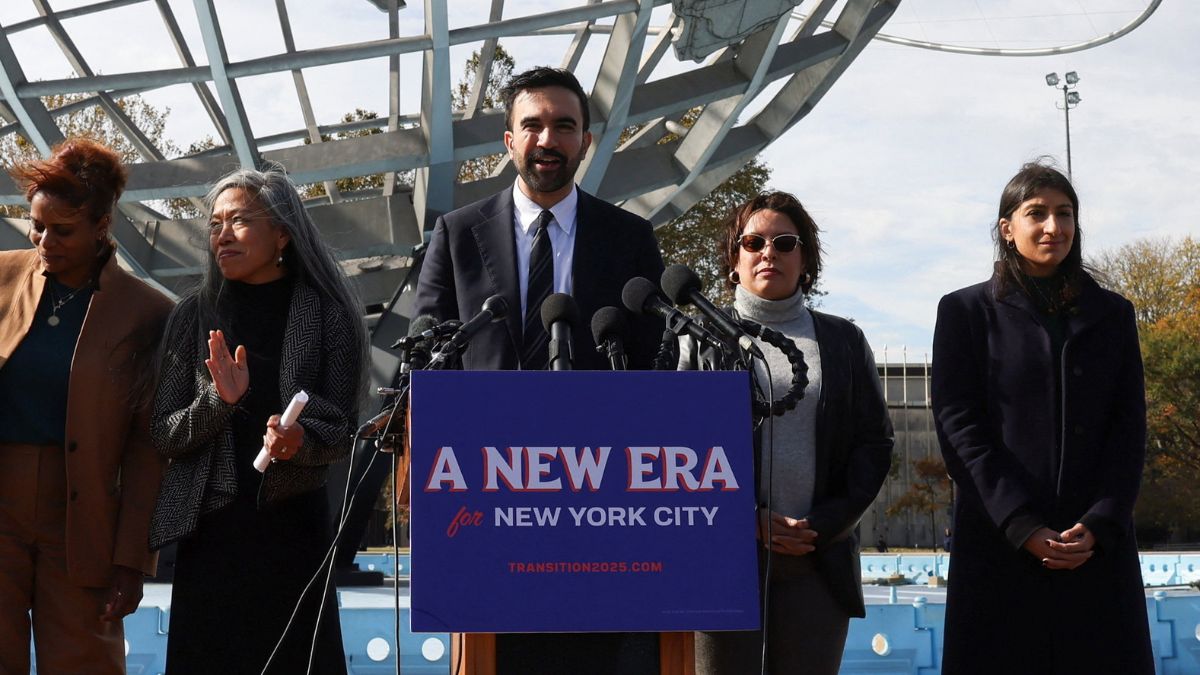)
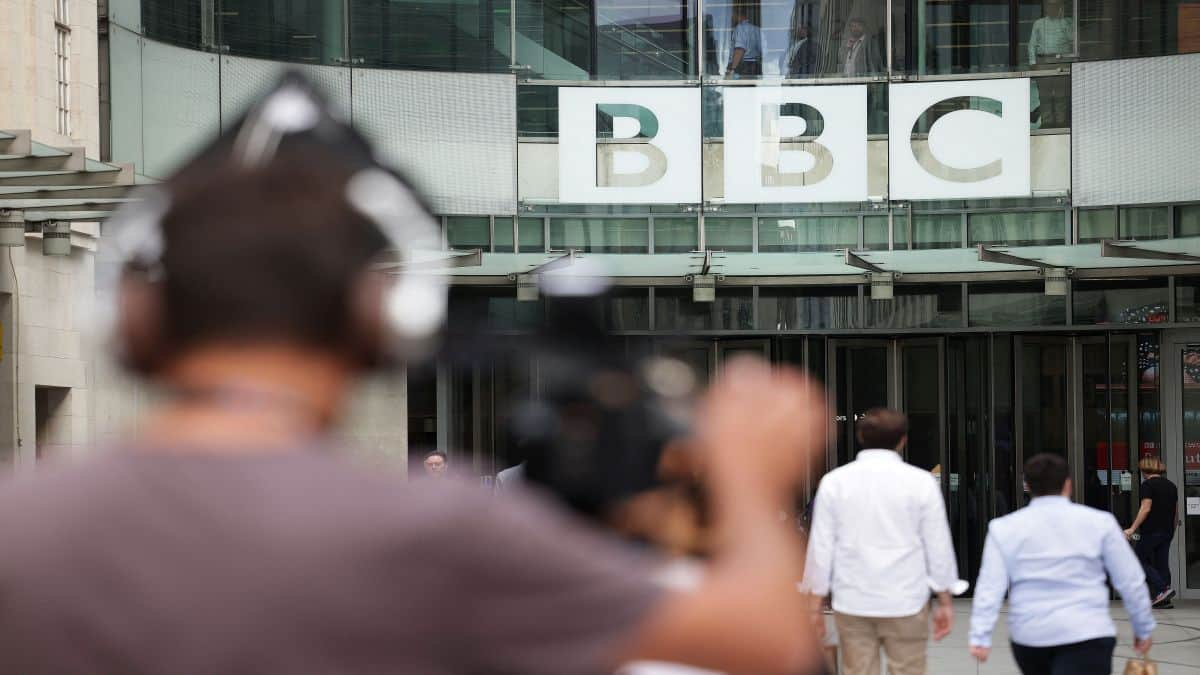
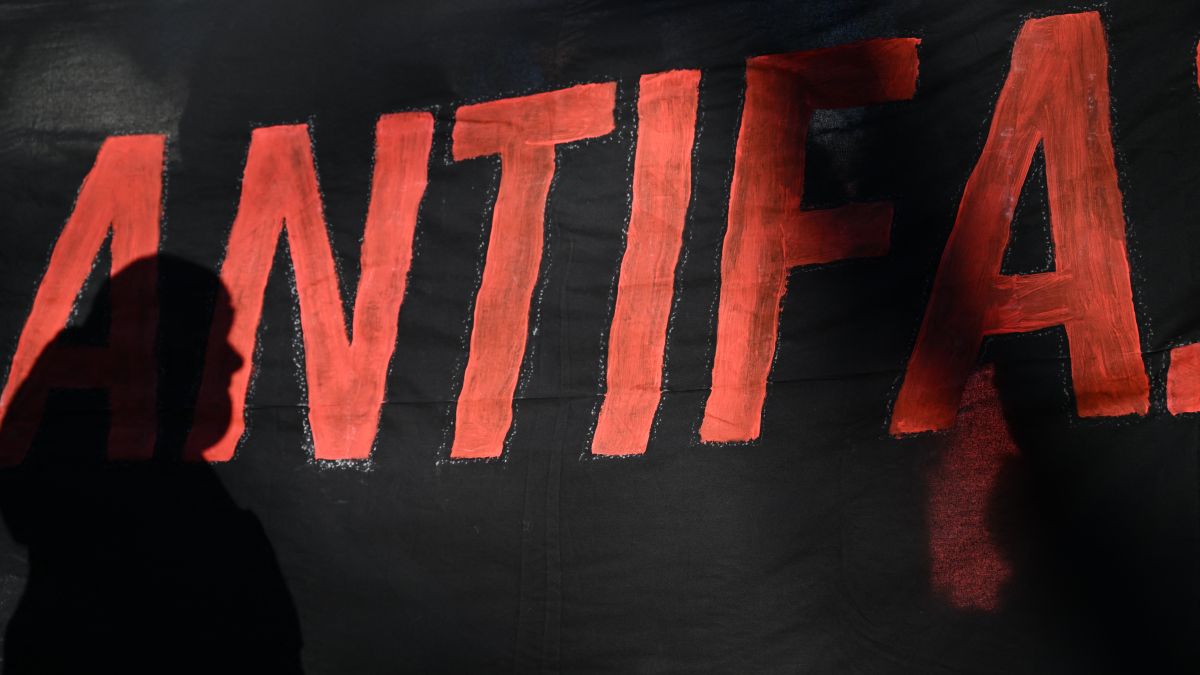)
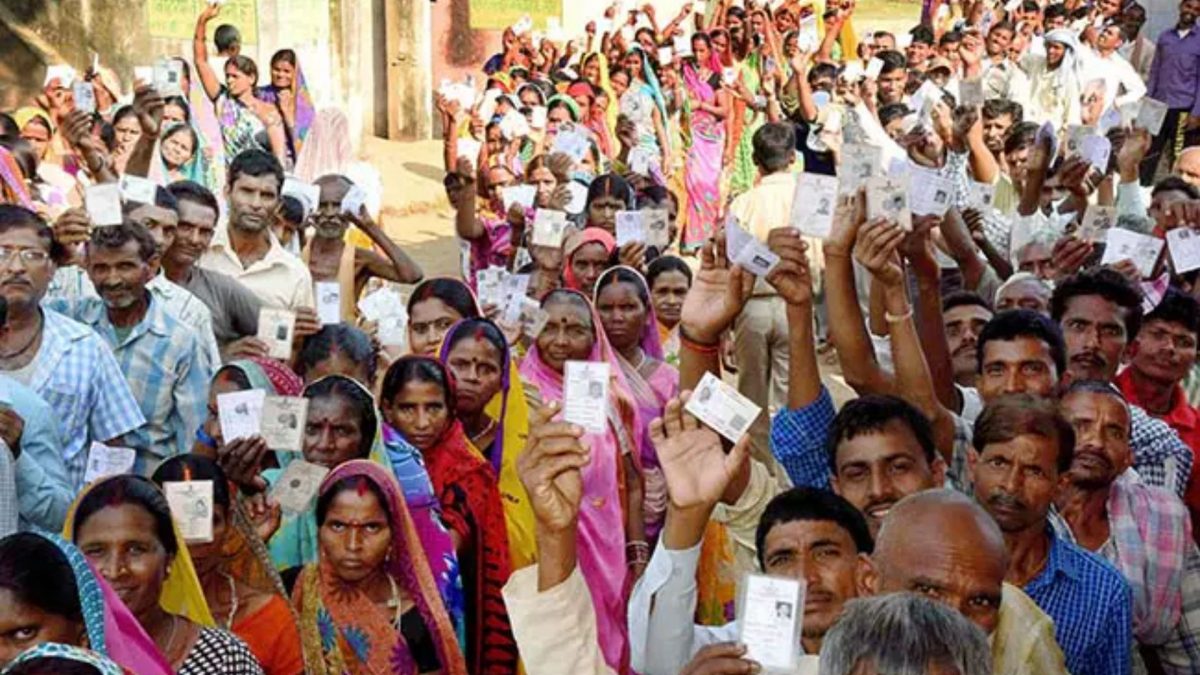)
)
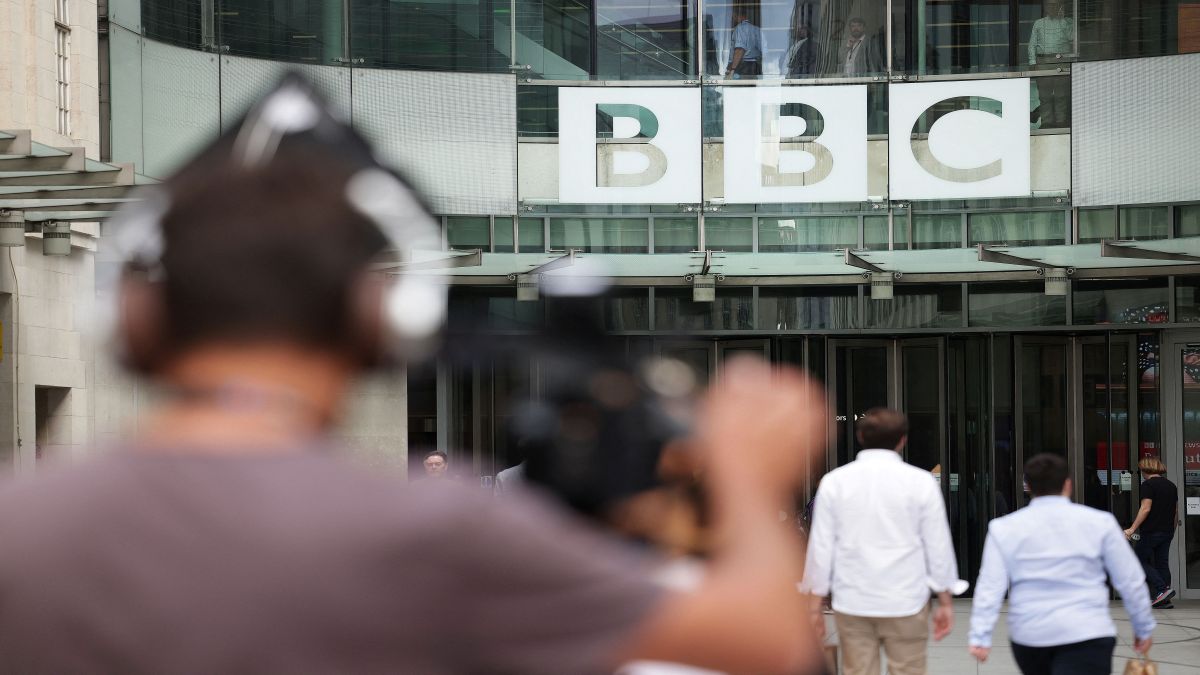)
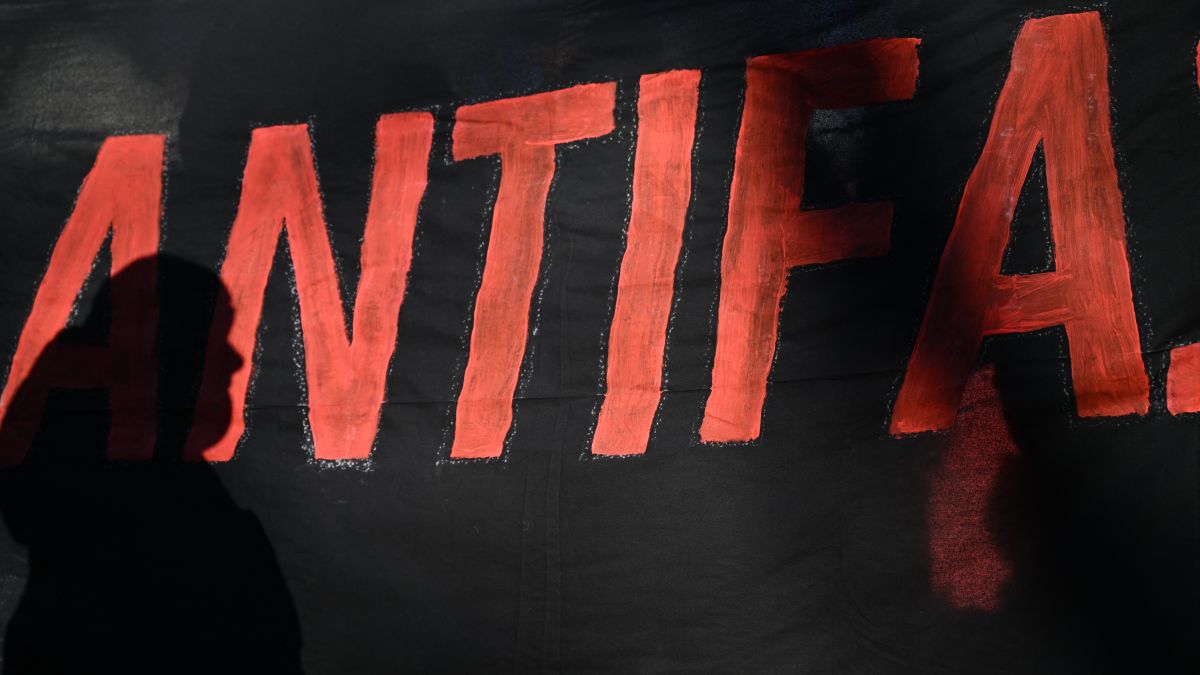)
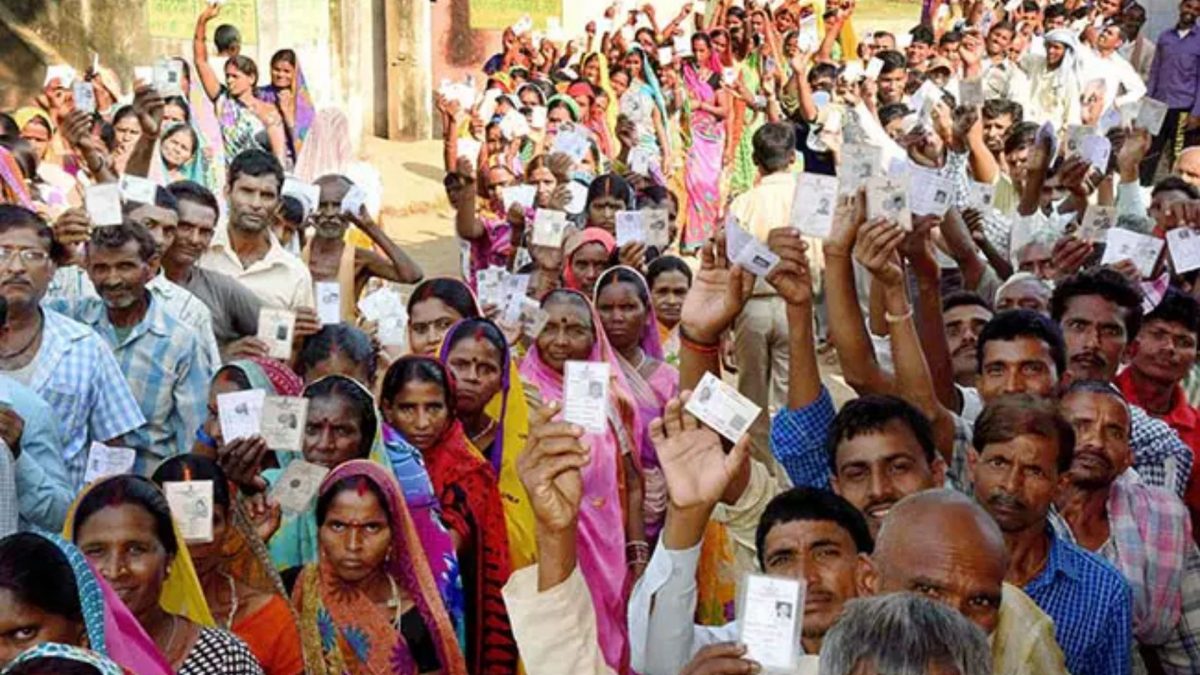)
)
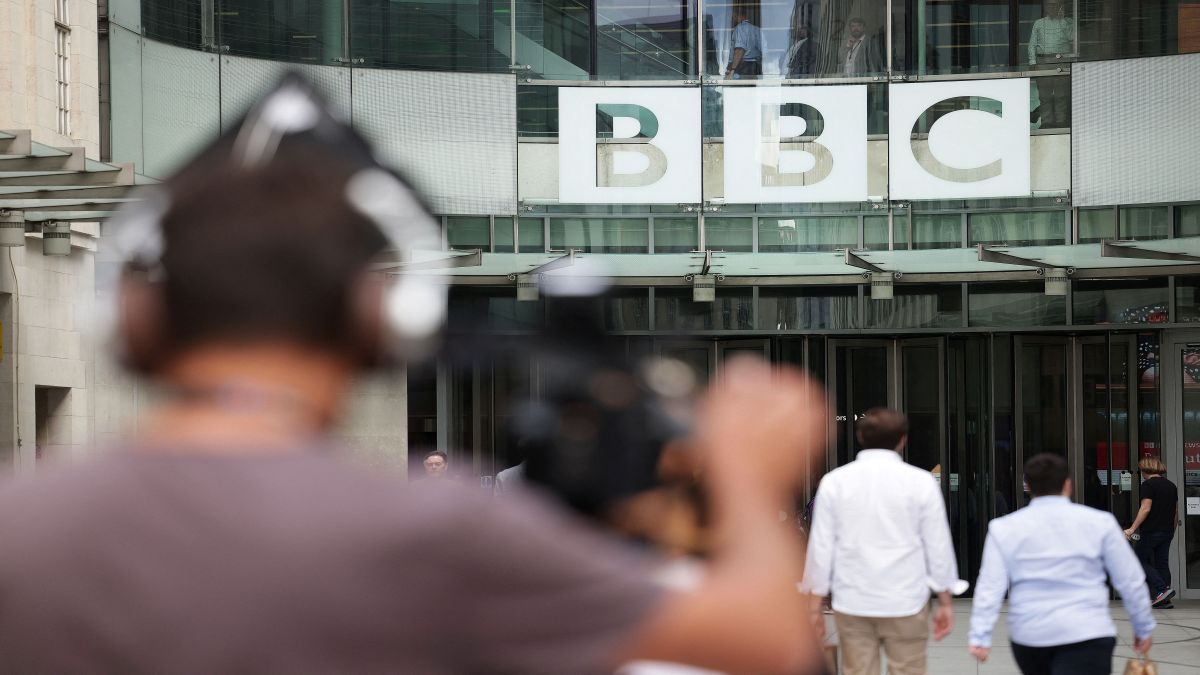)



